
Empowering Educational Excellence: Midway Colleges Inc.’s Faculty In-Service Training…
- by admin

In pursuit for giving a transformative education and as part of its vision to be a leading educational institution, the Midway Colleges, Inc. (MCI) conducted an 8-day In-Service Training for their faculty members this Academic Year 2023-2024 last May 8-10 and 13-17 at Center for Skills Advancement and Assessment (CSAA).
The in-service training commenced on May 8, 2024, anchored with the theme: Strengthening Outcomes-based Assessment. The program began with an inspirational message from Mr. Sabino Czar Cloma Manglicmot II, the Chief Executive Officer of Midway Colleges, Inc. His speech underscored the importance of continuous improvement in instructional delivery and the crucial role of faculty in achieving educational excellence.
In the afternoon, Mr. Robie Mar Dayto, Head of the Office of Student Affairs, shared insights into recent student milestones. This session highlighted the achievements of students.




The second day arrived; it was scheduled for a fruitful discussion, Dr. Richard L. Oandasan, the Academic Director, led a comprehensive lecture-workshop on strengthening outcomes-based assessment. He emphasized the need for assessments that accurately measure student learning outcomes and align with the institution’s educational objectives. The session included practical strategies and methodologies for developing robust assessment plans.
After the session, faculty members participated in a hands-on workshop focused on updating learning packs, assessment plans, and other instructional materials. This collaborative effort aimed to ensure that all instructional content is current, relevant, and aligned with outcomes-based education principles.
For three consecutive days, faculty members continued their work on refining and updating their learning packs and assessment plans. These sessions provided ample time for in-depth revisions and peer consultations, ensuring that all materials meet the desired educational standards and outcomes.

Days passed abruptly, and by the sixth day, the morning session featured presentations of the updated assessment plans by the faculty members. This peer-review process allowed for constructive feedback and critiquing, aimed at further refining the assessment strategies to ensure their effectiveness and alignment with outcomes-based education.
Meanwhile, faculty members spent the afternoon revising their learning packs and assessment plans based on the feedback received. Additionally, there was a discussion on the classroom-based policy and guidelines for non-teaching workloads, led by Dr. Richard L. Oandasan. This session aimed to streamline faculty responsibilities and ensure a balanced workload distribution.
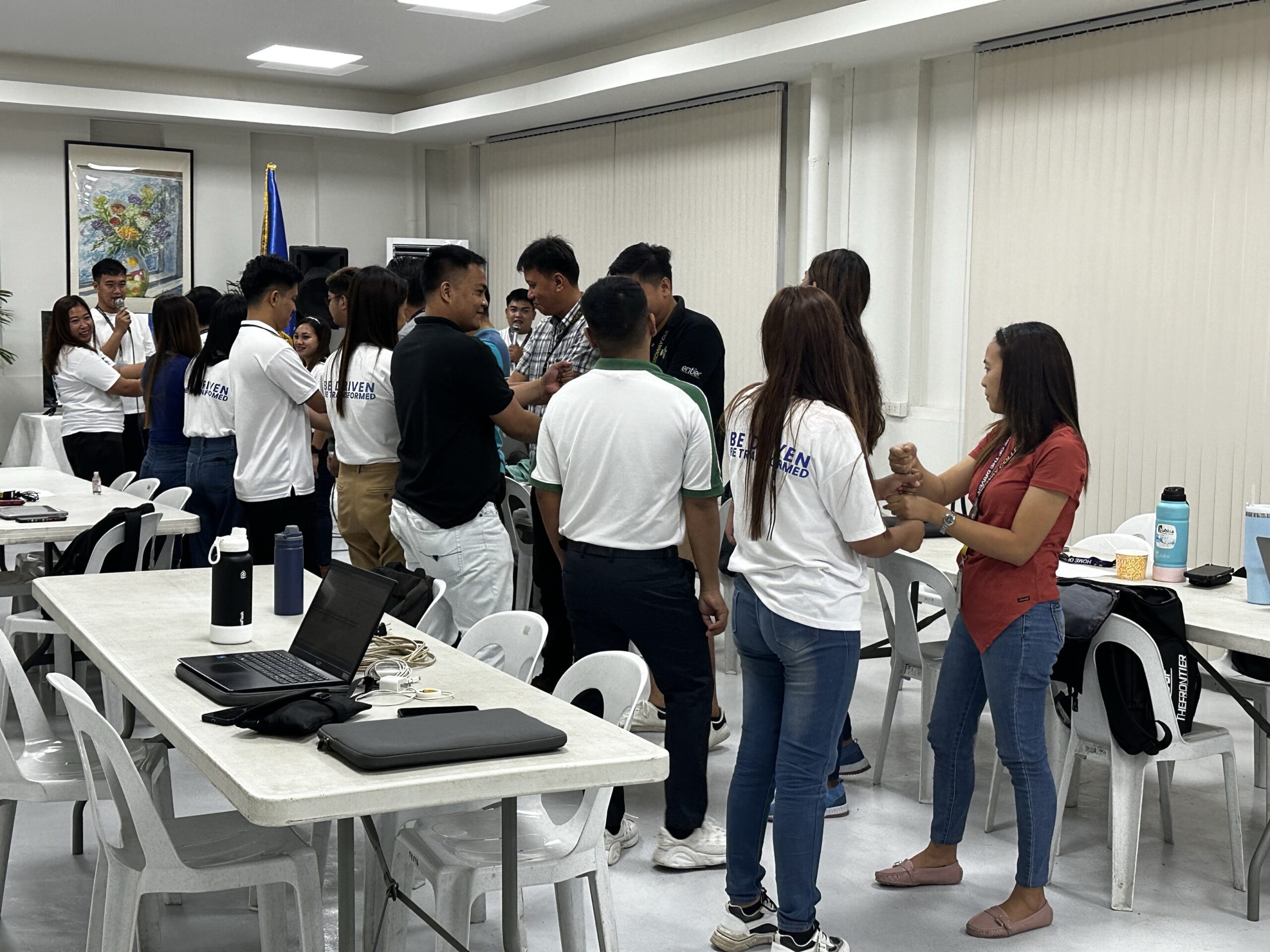
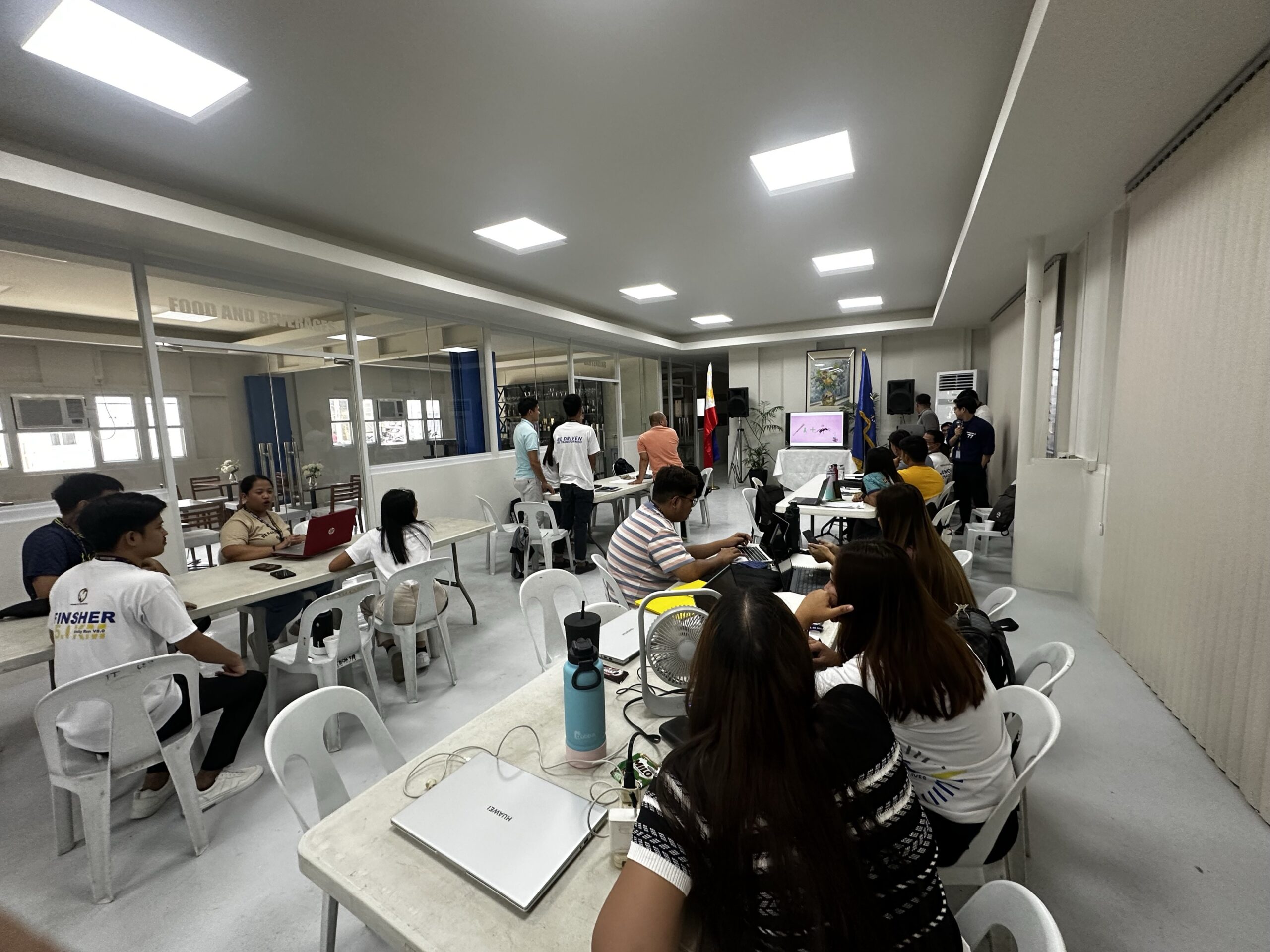
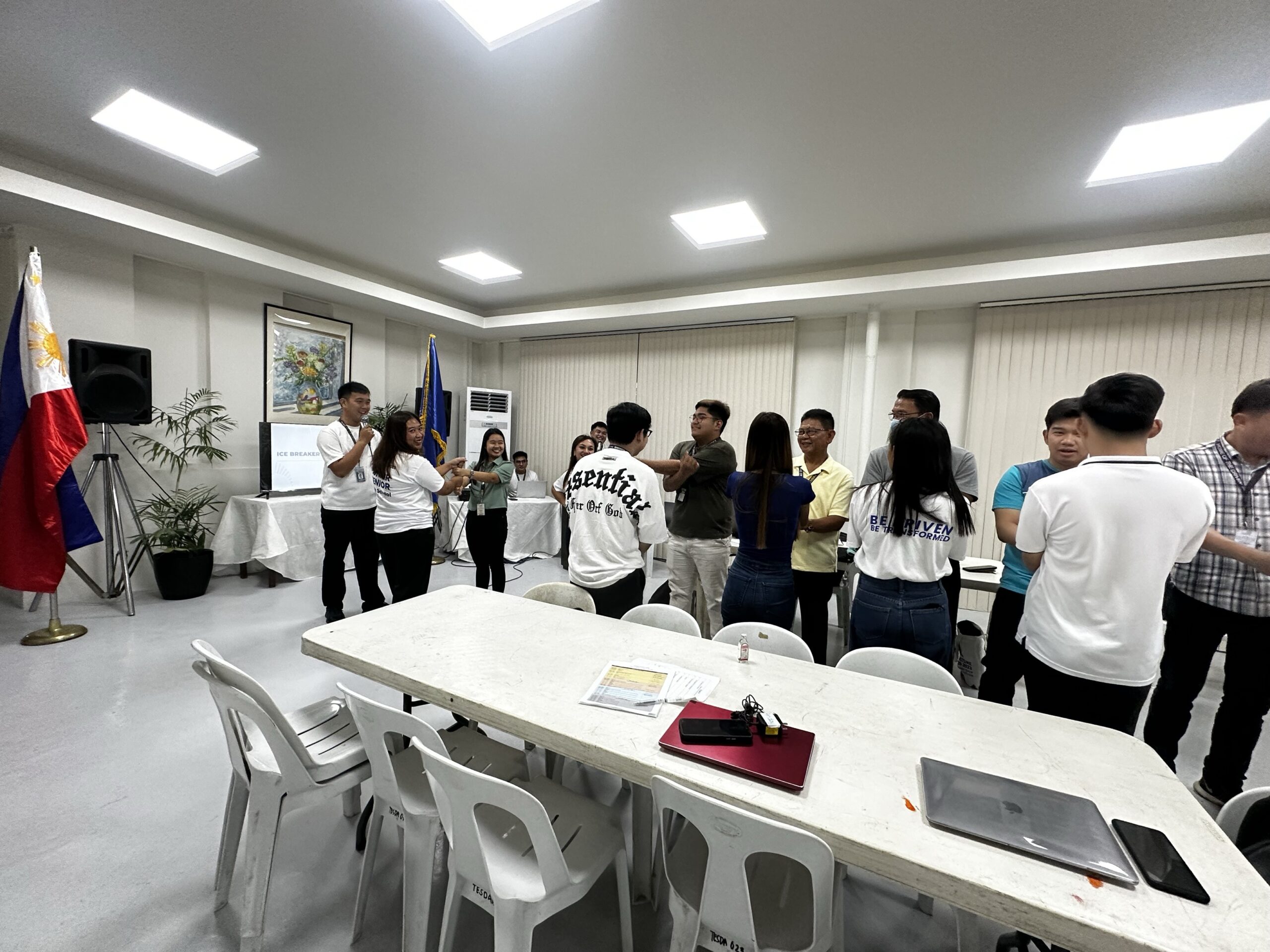
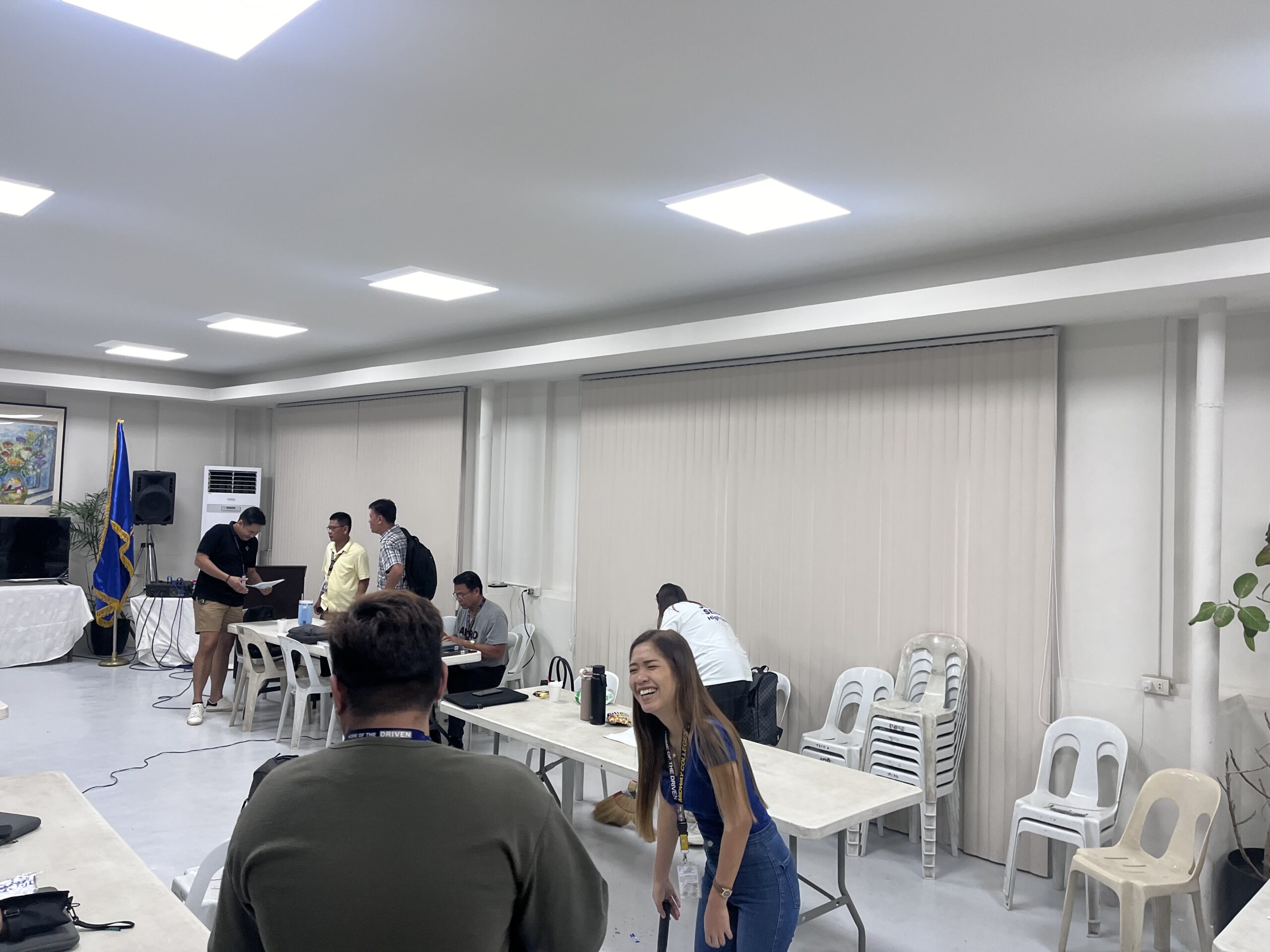
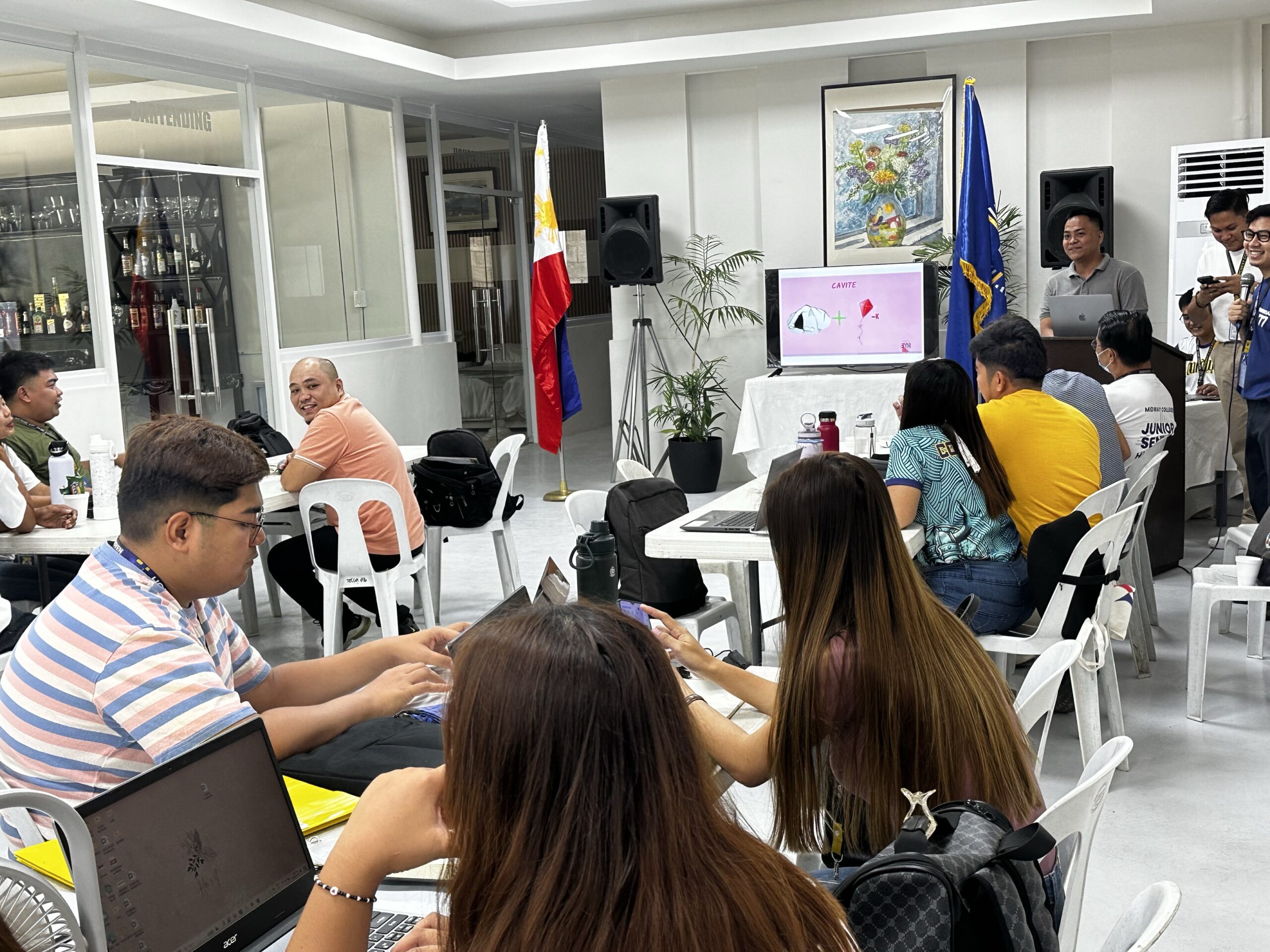
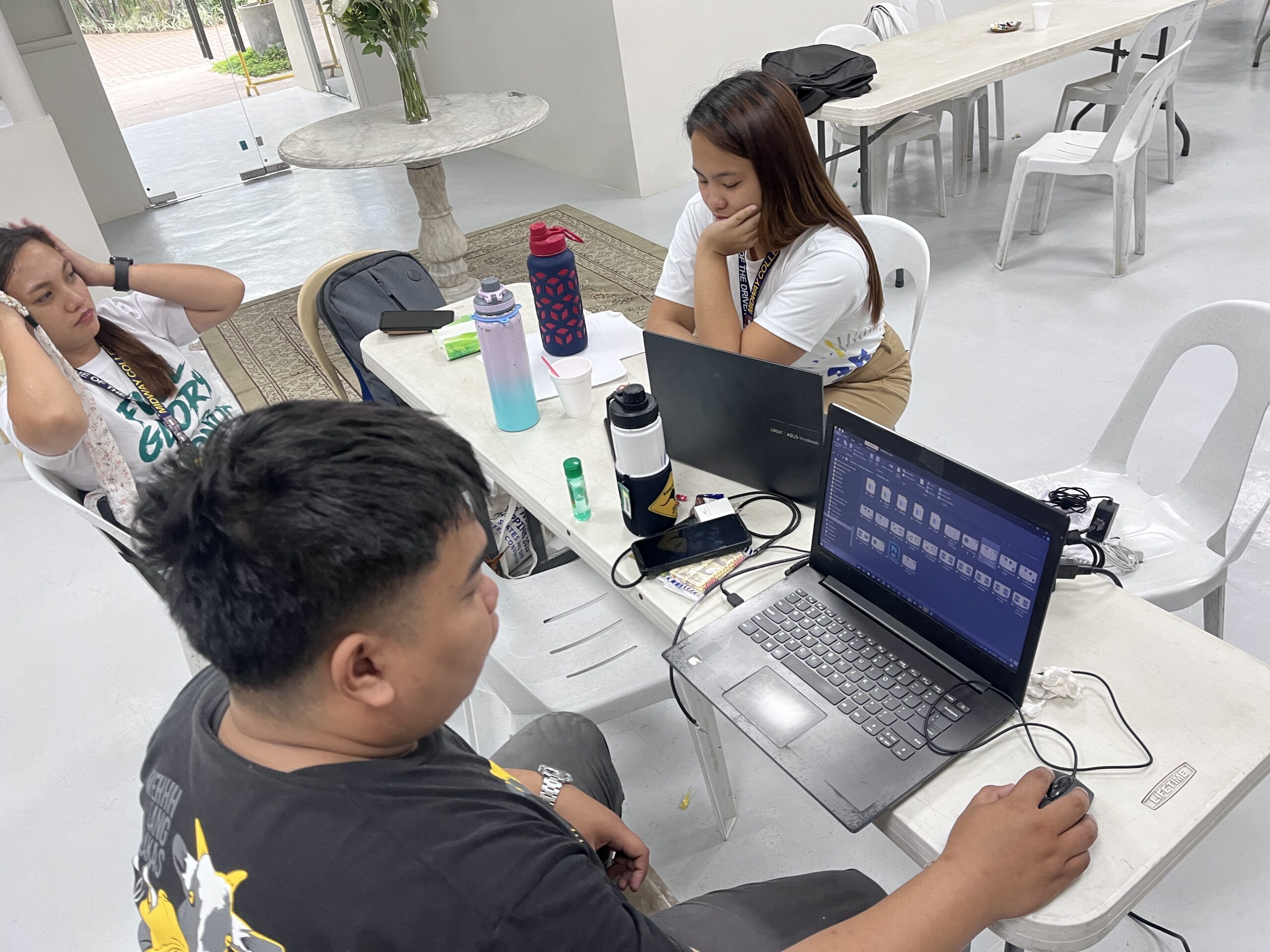
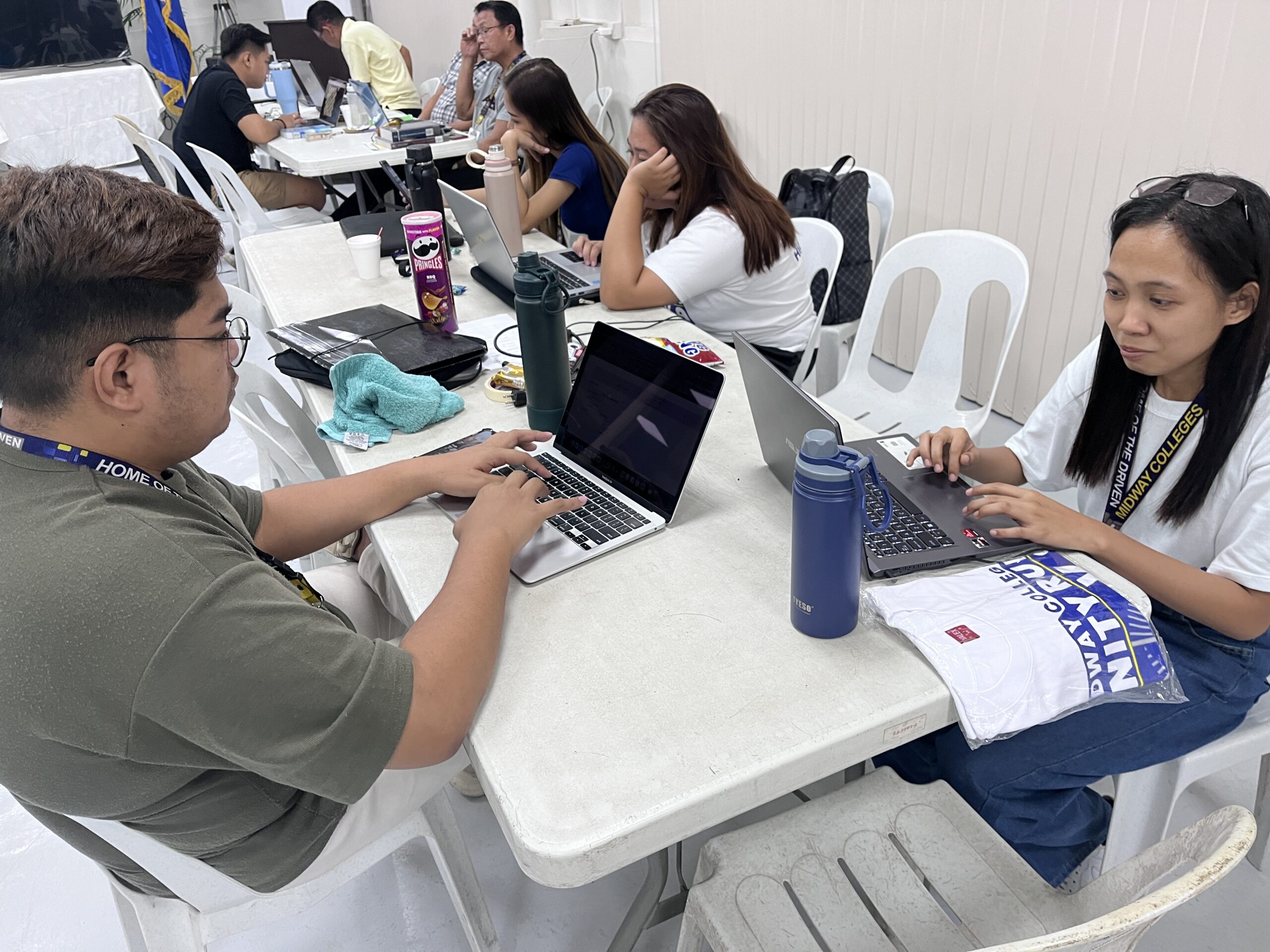
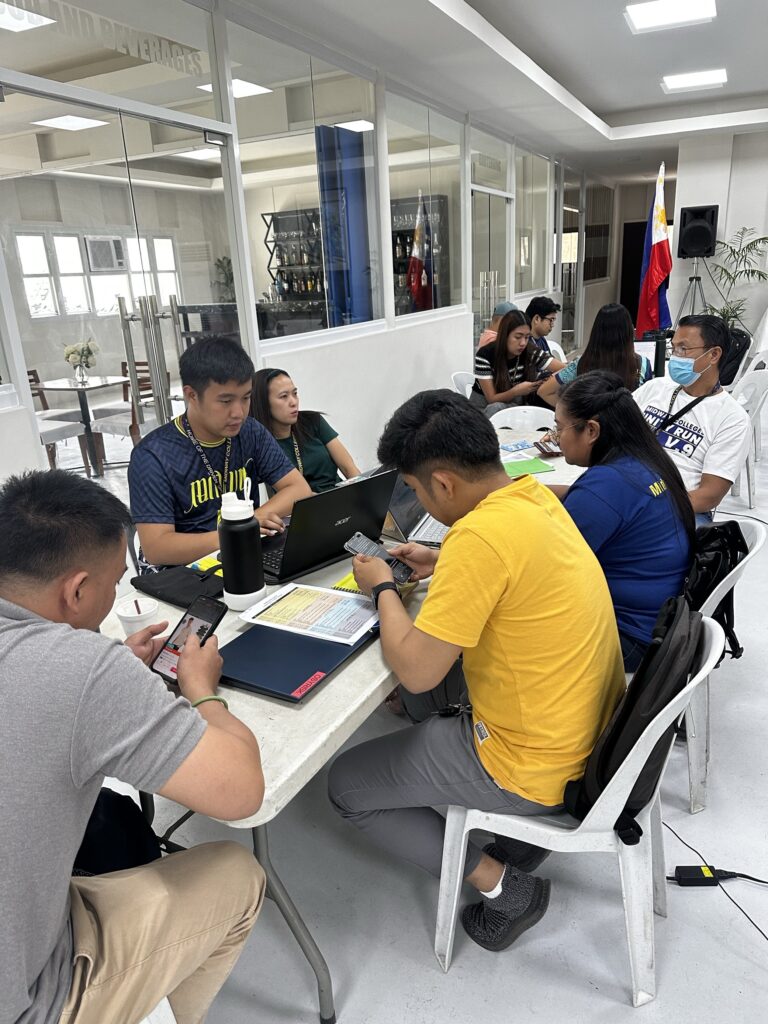
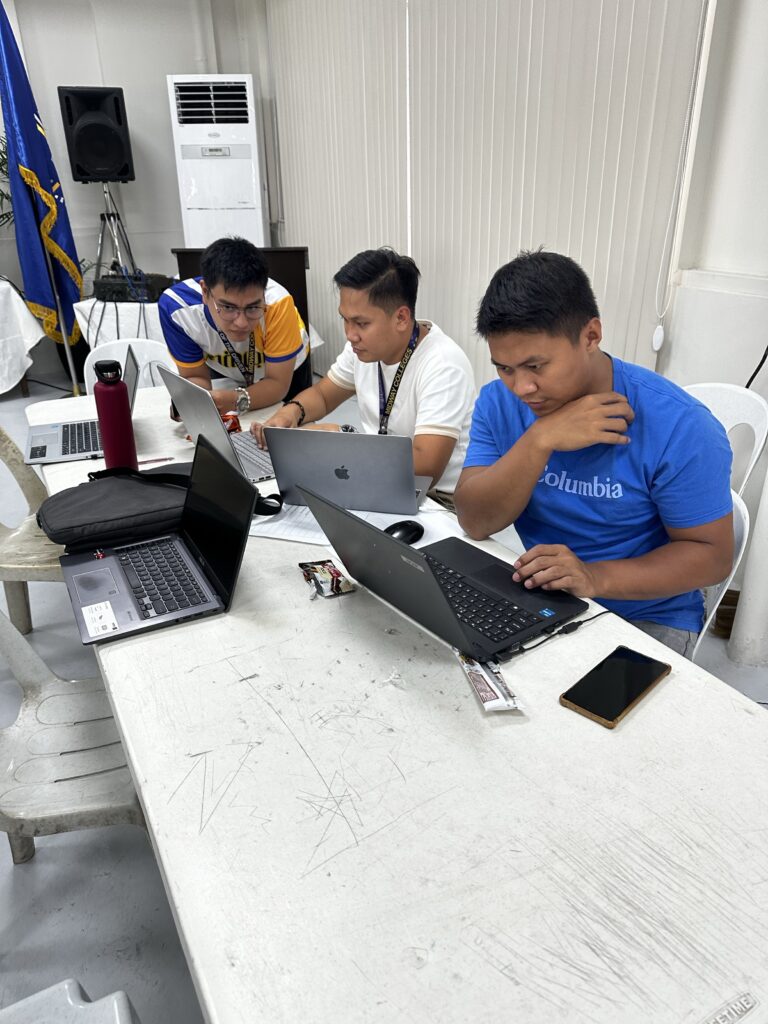
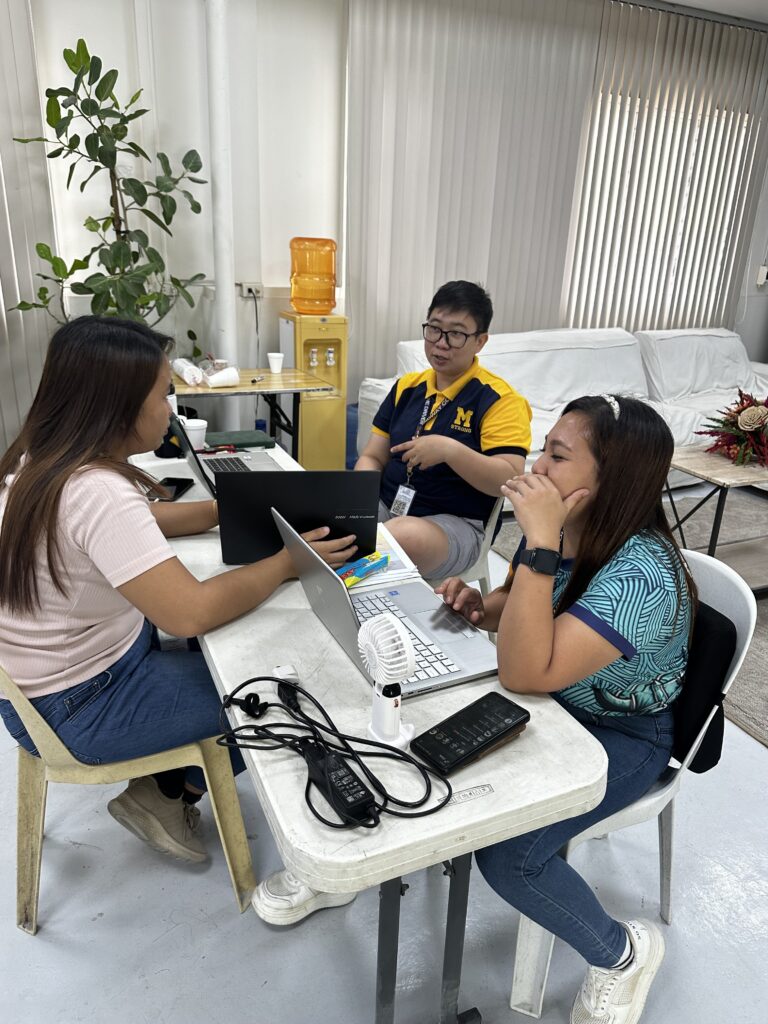
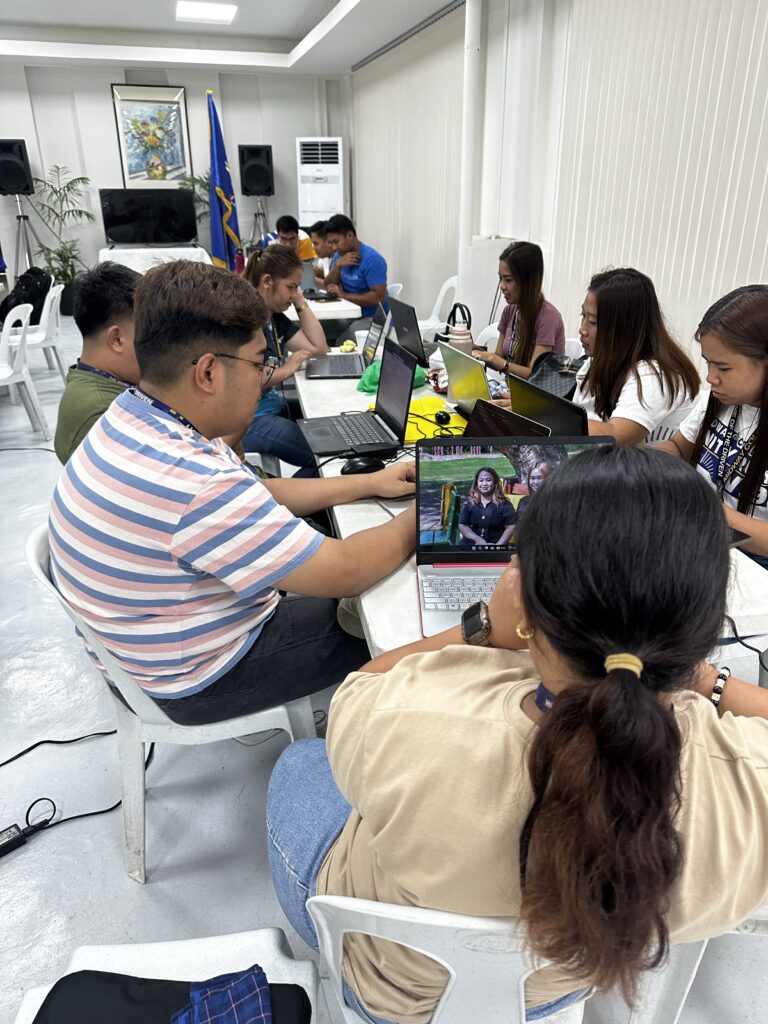
Down with the last, the final day began with Dr. Richard L. Oandasan providing important reminders for the opening of the new term. His address covered administrative updates, key dates, and expectations for the upcoming academic period.
Following this, faculty members convened in their respective departmental meetings with their academic leaders. These meetings provided an opportunity to discuss department-specific matters, finalize preparations for the new term, and ensure alignment with the overall institutional goals.
The Term 3 in-service training at Midway Colleges, Inc. successfully reinforced the importance of outcomes-based assessment and equipped faculty members with the necessary tools and knowledge to enhance their instructional methods. The training fostered a collaborative environment for continuous improvement, ensuring that the institution remains at the forefront of educational excellence.